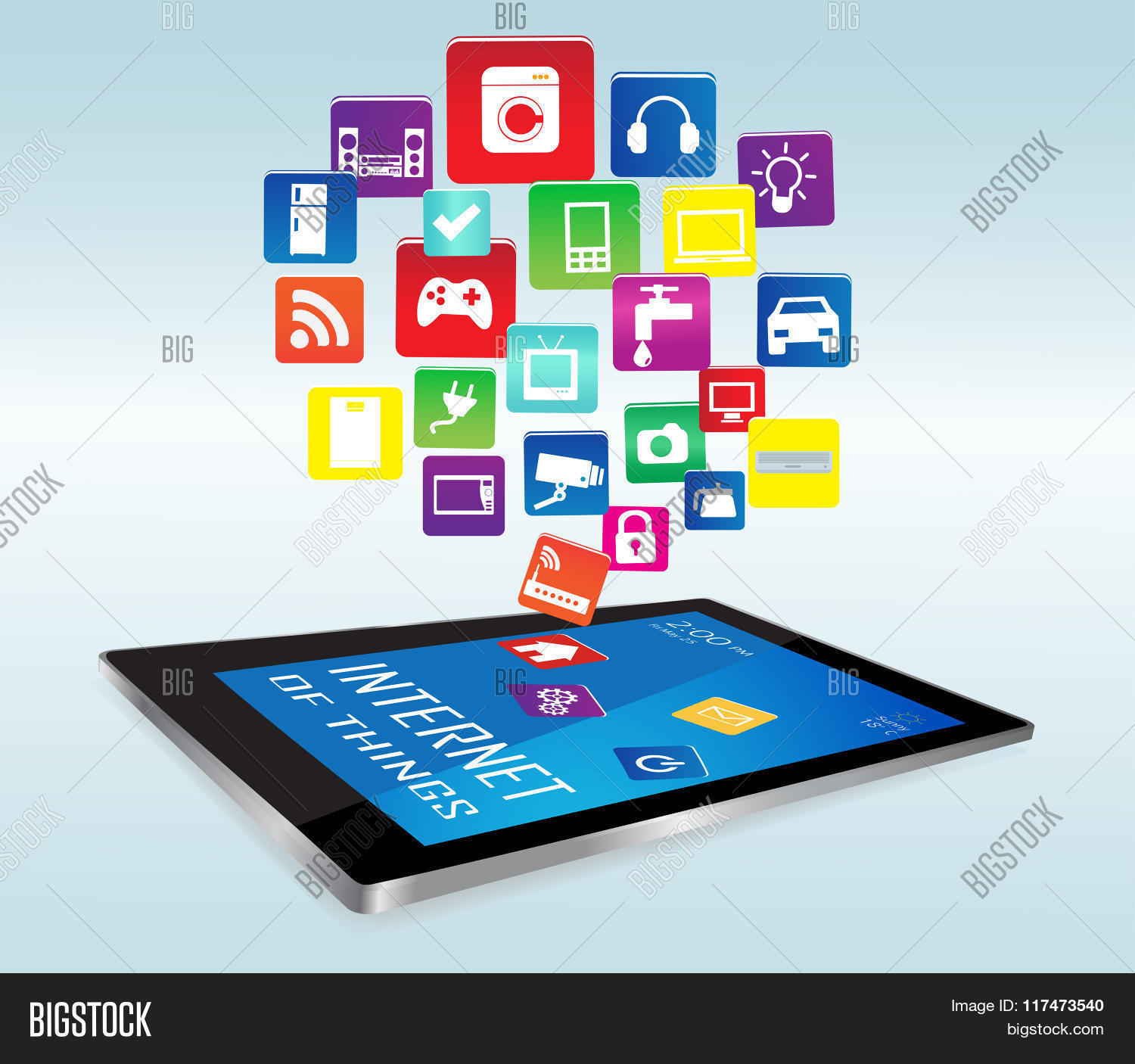|
Natural Language Generation (NLG) is a rapidly advancing technology that has revolutionized the way we communicate and create content. NLG involves the use of artificial intelligence (AI) systems to generate human-like text, enabling machines to understand and produce language in a manner similar to humans. One of the key applications of NLG is in automated content generation. Traditional content creation has always been a labor-intensive task, requiring writers to spend countless hours crafting articles, reports, and other written materials. However, with NLG, this process can be automated, saving time and resources while maintaining high-quality content. NLG algorithms analyze large sets of data, such as financial reports, sports statistics, or medical records, and transform them into coherent narratives. These narratives can then be customized based on specific parameters or requirements. For instance, NLG can generate personalized investment reports for individual clients, tailored to their unique financial goals and risk preferences. Another compelling application of NLG is in chatbots and virtual assistants. NLG allows these AI-powered systems to engage in dynamic and natural-sounding conversations with users. By understanding user queries and generating appropriate responses, NLG enhances the user experience by providing accurate and contextually relevant information. NLG also plays a crucial role in data visualization. It enables the automatic generation of textual summaries and explanations for complex data sets, making it easier for non-technical users to interpret results. This has significant implications across various industries, including finance, healthcare, and marketing, where data-driven decision making is paramount. Furthermore, NLG is transforming language accessibility. People with limited English proficiency or those with disabilities that affect traditional communication methods can benefit from NLG-enabled systems. Real-time translation services powered by NLG can bridge language barriers, facilitating seamless communication and fostering inclusivity. However, despite its numerous benefits, NLG still faces some challenges. Ensuring the generated content is accurate, coherent, and free from bias remains a significant concern. Striking the right balance between automation and human involvement is crucial to maintain editorial standards and avoid misinformation. In conclusion, Natural Language Generation is a groundbreaking technology that is reshaping the way we communicate and create content. From automated content generation to enhancing chatbot interactions, NLG offers unparalleled efficiency and personalized experiences. As the field continues to advance, harnessing its potential while addressing ethical considerations will be essential in unlocking its full capabilities for the betterment of society.  |
